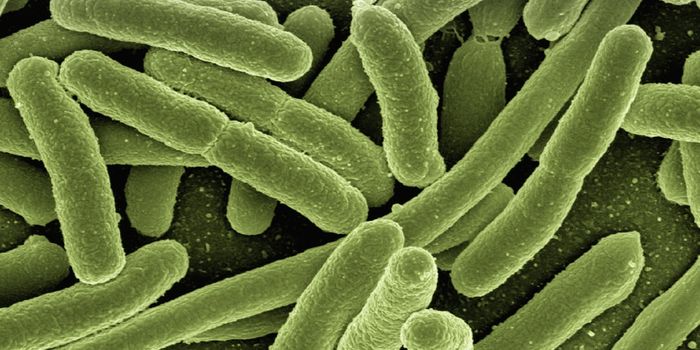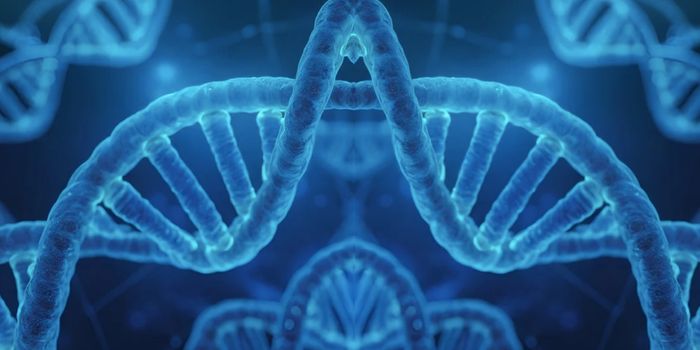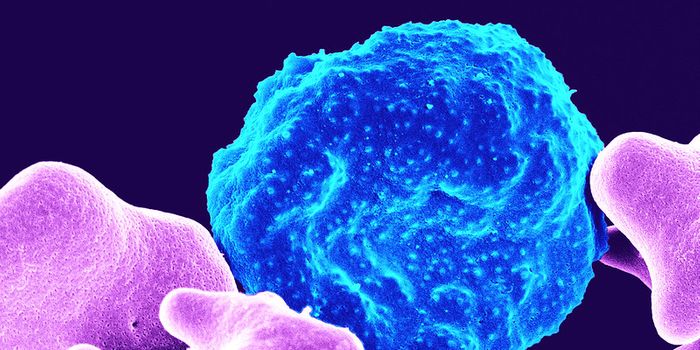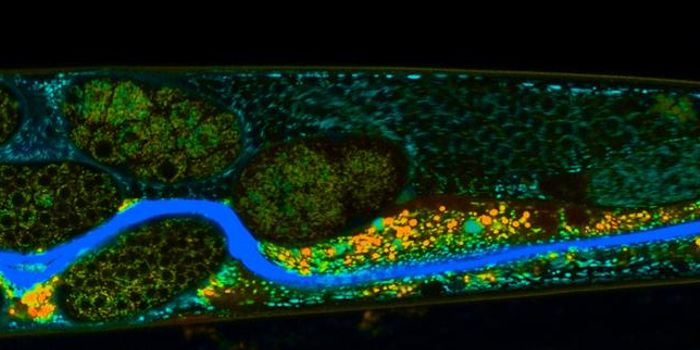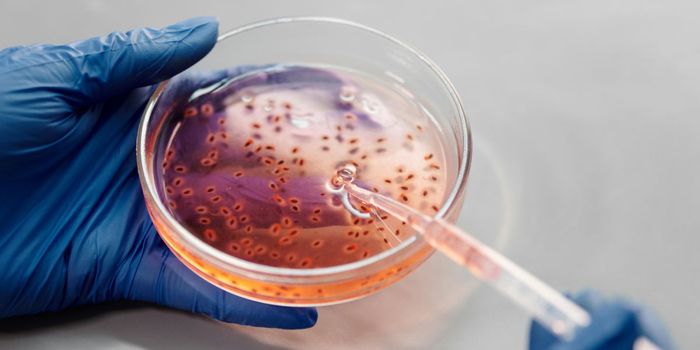Tiny, Parasitic Bacteria Can Find a Home in the Human Mouth
Scientists are beginning to learn more about the many species of microbes that humans carry in and on us. Researchers have now found that members of a group of tiny, parasitic bacteria can live in many different places including groundwater, the guts of cats, dogs, dolphins, moose, and in the human mouth. These bacteria, members of the TM7, or Sacchraribacteria phylum, can also live in all of these places without changing their genome significantly. The findings have been published in Cell Reports.
"It's the only bacteria we know that has hardly changed when they adapted to humans," said the lead study author Dr. Jeffrey Scott McLean, a microbiologist and Associate Professor of Periodontics at the University of Washington School of Dentistry.
Saccharibacteria are also among the roughly 25 percent of uncharacterized bacteria in a group called the Candidate Phyla Radiation (CPR). The microbes in this group are incredibly diverse but all have tiny genomes and need a host to survive. They cannot make their own nucleotides, which are essential molecules. (Learn more about microbial dark matter from the video).
The small amount of genetic changes from the type that lives in groundwater to the type that lives in the human mouth suggests that this evolutionary leap was made relatively recently.
"I see this as a huge discovery," said study co-author Wenyuan Shi, CEO and Chief Scientific Officer at the Forsyth Institute. "This creature survives in both humans and groundwater, which indicates there are similarities that allow these bacteria to adapt to humans."
"The most likely reason we see a large diversity of these bacteria in humans, yet one group of bacteria remains nearly identical to those in groundwater, is that some groups were acquired in ancient mammal relatives and they expanded over time across mammals, whereas this one highly similar group more recently jumped directly into humans," McLean said.
Tiny, parasitic bacteria may have a more significant impact on human health than we now know. They may also be able to manipulate the composition of the microbial communities in our bodies (a known contributor to well-being and disease) by changing the relative abundances of certain strains, suggested McLean.
"There are only a couple hundred genes that are different in these ultra-small bacteria between what lives deep in the subsurface environment and those that have become common bacteria in our mouths," added McLean. "That is a remarkable feat for bacteria missing so many genes."
This work may also help other scientists classify newly discovered bacteria in a systematic way.
Sources: AAAS/Eurekalert! via Forsyth Institute, Cell Reports


